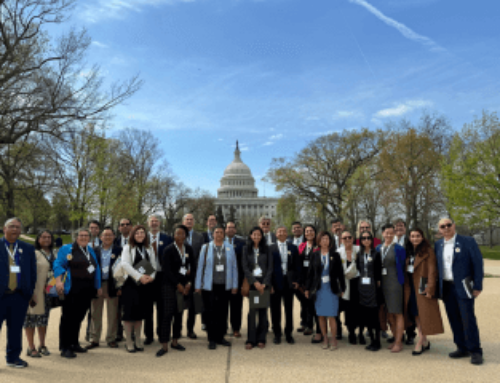On Friday President Trump signed a bipartisan $1.1 trillion spending bill that includes a $2 billion funding increase for the National Institutes of Health (NIH). The bill, which will fund the federal government through the end of September, is a product of weeks of negotiations at the Capitol. The 1,665-page document will boost funding for medical research, aid for schools, and law enforcement. However, the deal does not address funding for 2018, when the President has proposed cutting the NIH budget by $5.8 billion.
This will be the second year in a row that Congress has given NIH a funding increase. Recipients of additional support include: the National Cancer Institute; Alzheimer’s disease research; the All of Us Research Program, which recruits volunteers for genetic testing and health tracking; and the Brain Research through Advancing Innovative Neurotechnologies (BRAIN) Initiative, which supports efforts to map the human brain.
The spending agreement also increases funding from $150 million to $800 million to fight the opioid epidemic. Funding for the opioid initiative will be divided by the Centers for Disease Control and Prevention, the Substance Abuse and Mental Health Services Administration, and the Health Resources and Services Administration.
A stronger chance for a government shutdown may come in October when the President seeks a $54 billion increase in defense spending along with a corresponding $54 billion in domestic cuts. Congress and the president also will need to agree on a debt ceiling increase in the fall.








